As we age, our dietary needs change, and managing what we consume becomes increasingly important. Certain foods, though delicious and comforting, may not be as beneficial for our health as they once were. Cutting back on these can aid in maintaining a balanced and healthy lifestyle. Here’s a comprehensive list of 24 foods that you might consider reducing in your diet as you grow older.
Sugary Sodas
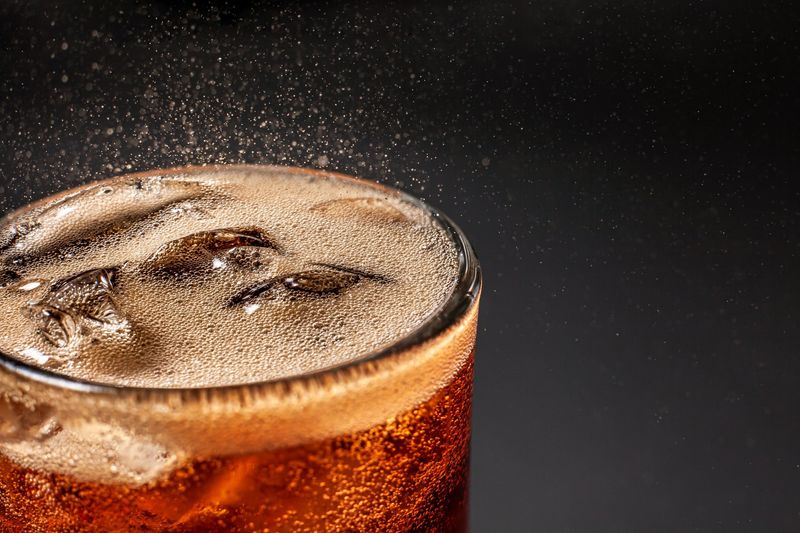
Did you know that drinking sugary sodas can contribute to weight gain and increase the risk of type 2 diabetes? Many popular sodas contain high levels of sugar and artificial sweeteners, which can negatively impact blood sugar levels. As we age, it’s wise to opt for healthier beverage choices to support our overall well-being.
Processed Meats

Processed meats, such as bacon and sausages, are often high in saturated fats and sodium, which can exacerbate heart disease and high blood pressure as we age. These meats are also linked to an increased risk of certain cancers. Choosing leaner proteins like poultry or fish can be a healthier alternative for older adults.
Refined Grains
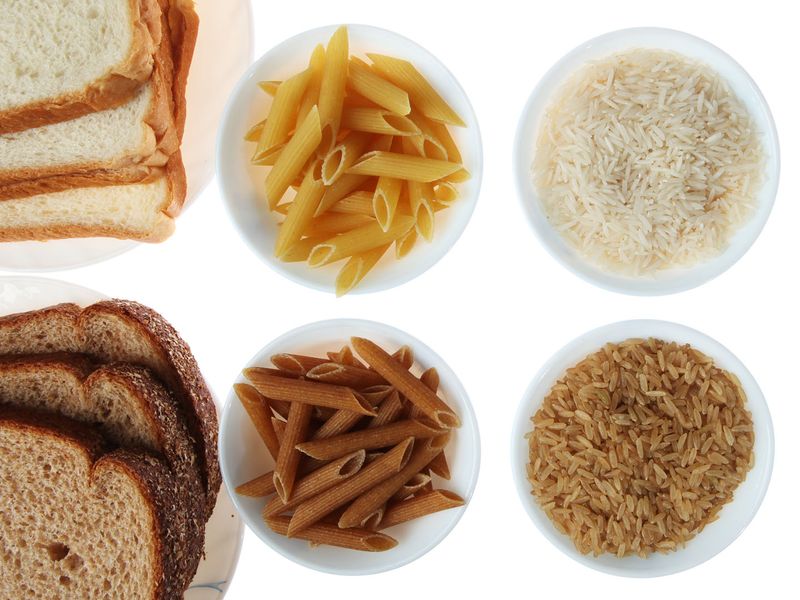
Refined grains, found in products like white bread and pasta, lose many of their nutrients during processing. They can cause spikes in blood sugar and don’t keep you satiated for long. Opting for whole grains can provide more fiber, helping with digestion and promoting heart health in older adults.
Fried Foods

Fried foods are often high in unhealthy fats and calories, which can lead to weight gain and contribute to heart disease. As metabolism slows down with age, it becomes crucial to limit these foods in favor of baked or grilled options. This swap can support better weight management and overall heart health.
High-Sodium Snacks

High-sodium snacks like chips and pretzels can lead to high blood pressure, a common concern among older adults. Consuming too much salt can strain the cardiovascular system, so reducing intake is key. Look for low-sodium alternatives or try snacking on nuts and seeds for a healthier option.
Full-Fat Dairy
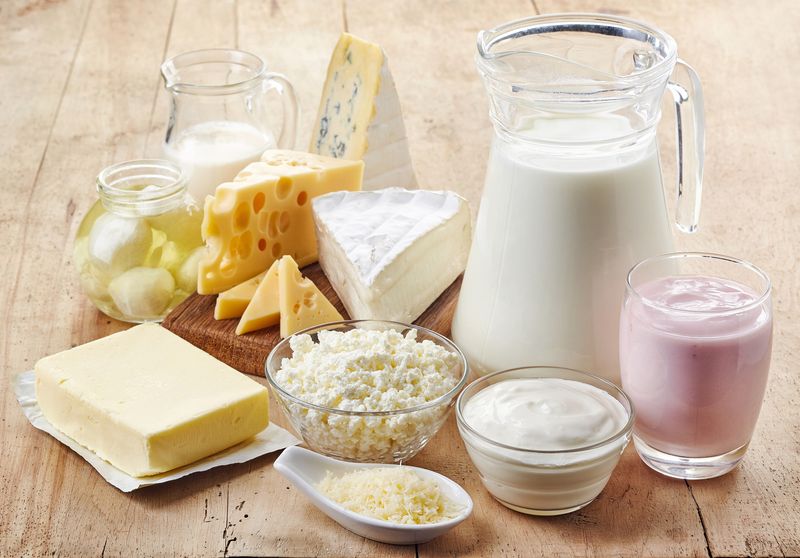
Full-fat dairy products, including whole milk and certain cheeses, contain saturated fats that may increase cholesterol levels. As heart health becomes more prominent with age, switching to low-fat or plant-based dairy alternatives can be beneficial. This change can help manage cholesterol without compromising on nutrition.
Baked Goods

Baked goods like cookies and pastries are often laden with sugar and unhealthy fats. These can lead to unwanted weight gain and issues with blood sugar control. Moderation is key, and opting for healthier homemade versions can satisfy cravings without the added guilt or health risks.
Candy

With their vibrant colors and sweet allure, candies are hard to resist. However, their high sugar content can lead to tooth decay and weight gain. As we age, it’s important to protect dental health while also managing sugar intake to maintain overall health.
Alcohol

Though a glass of wine or beer can be delightful, excessive alcohol consumption can affect liver function and increase the risk of various health issues. As we age, moderation is key to enjoying alcohol while minimizing its negative effects on the body.
Canned Soups

Canned soups often contain high levels of sodium, which can contribute to high blood pressure. Choosing homemade soup or low-sodium alternatives can provide the same comfort and warmth without the added health risks. This change supports better cardiovascular health as we age.
Instant Noodles

Instant noodles, while convenient, are typically high in sodium and unhealthy fats. These can elevate blood pressure and cholesterol levels, posing risks for heart health. Opting for healthier meal options can ensure nutritional needs are met without compromising health.
Energy Drinks

Energy drinks may promise a quick boost, but they are loaded with caffeine and sugar. These can lead to increased heart rate and high blood pressure, especially concerning for older individuals. Choosing natural energy sources like nuts or fruits can provide sustainable energy without adverse effects.
Microwave Popcorn

Microwave popcorn often contains trans fats and artificial additives, which can increase cholesterol levels and contribute to heart disease. Enjoying air-popped or stove-popped popcorn can be a healthier snack option that doesn’t skimp on flavor.
Pasta Sauces

Pasta sauces can be surprisingly high in added sugars and sodium. These can impact blood sugar levels and contribute to hypertension. Making sauces at home allows for control over ingredients, ensuring a healthier and tastier meal.
Salty Condiments

Condiments like soy sauce and ketchup are often high in sodium, which can lead to hypertension. Exploring low-sodium or homemade versions can enhance meals without compromising health. This swap is particularly beneficial for maintaining cardiovascular health as we age.
Artificial Sweeteners

While marketed as a healthier sugar alternative, artificial sweeteners can disrupt gut health and increase cravings for sugary foods. As we age, it’s wise to limit these and opt for natural sweeteners like honey or maple syrup.
Frozen Meals
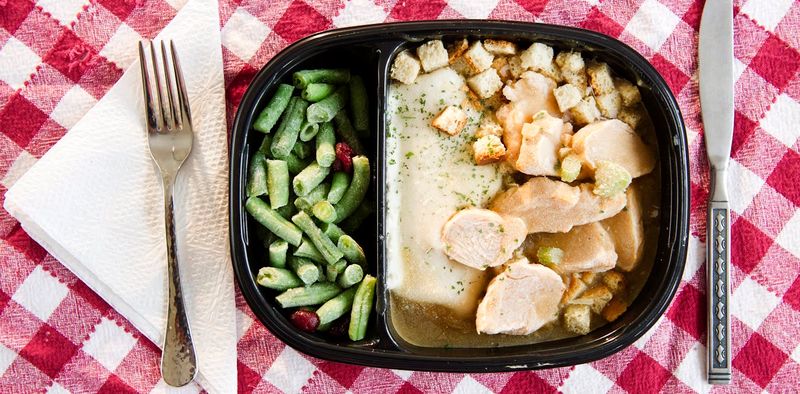
Convenient though they may be, frozen meals are often high in sodium and preservatives. These can negatively affect heart health and contribute to hypertension. Preparing fresh meals or choosing healthier frozen options can support better aging and overall wellness.
Margarine

Margarine is often marketed as a healthier butter alternative but can contain trans fats harmful to heart health. Opting for real butter in moderation or plant-based spreads can provide flavor without the added health risks.
Sauces and Gravies

Rich in flavor but often high in sodium and fats, sauces and gravies can contribute to heart disease and weight gain. Making homemade versions with fresh ingredients allows for healthier indulgence.
Ice Cream
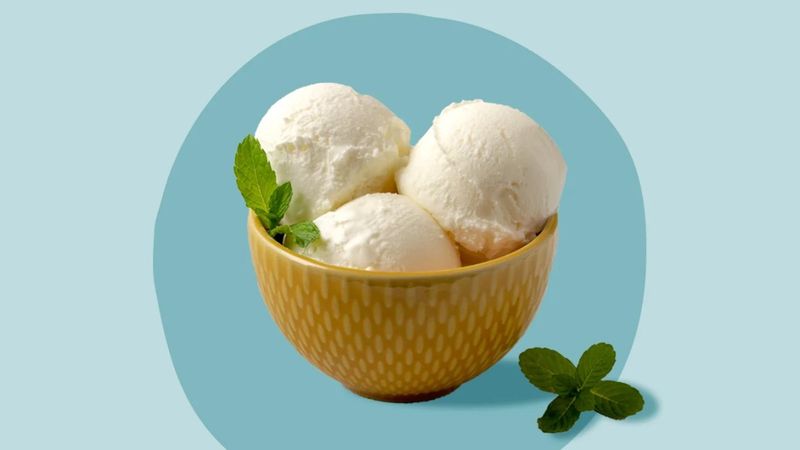
As a beloved dessert, ice cream can be high in sugars and unhealthy fats. These can affect cholesterol and contribute to weight gain. Enjoying it in moderation or exploring lower-fat alternatives can satisfy sweet cravings healthily.
Pancake Syrups
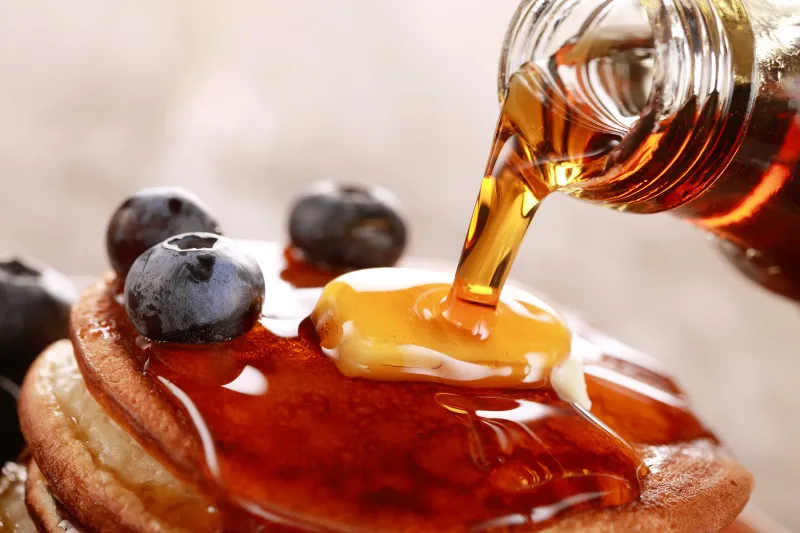
Pancake syrups often contain high fructose corn syrup, which can contribute to obesity and insulin resistance. Choosing pure maple syrup or enjoying pancakes with fresh fruits can provide a more nutritious breakfast option.
Cream-based Soups
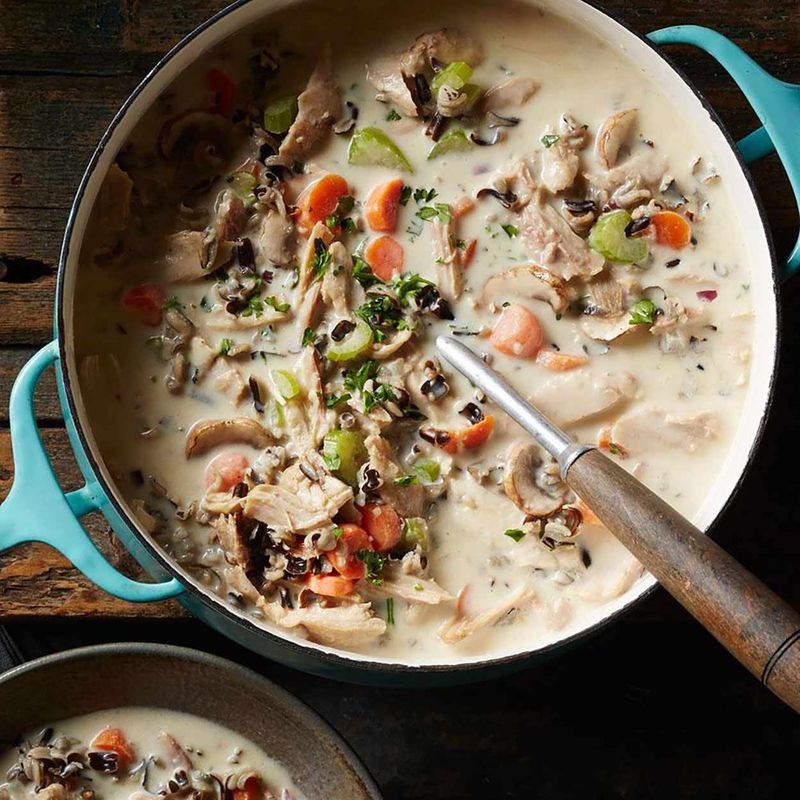
Cream-based soups are rich and satisfying but can be high in calories and saturated fats. These can contribute to heart issues and weight gain, making broth-based soups a healthier choice for older adults.
Chocolate Bars
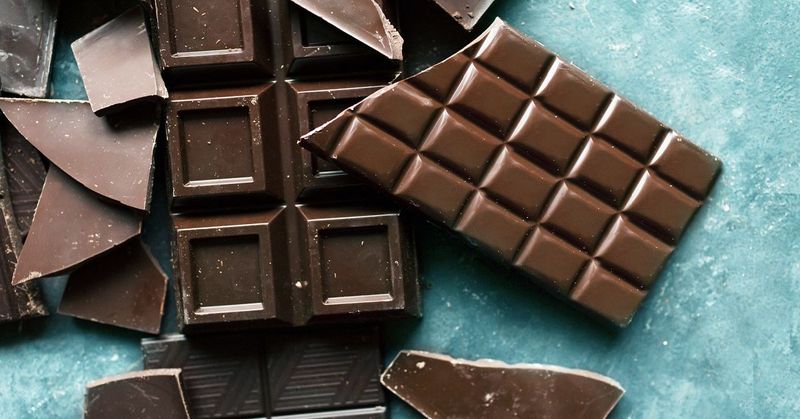
While chocolate is a delightful treat, many bars are packed with sugar and unhealthy fats. These can affect weight and blood sugar levels. Dark chocolate with higher cocoa content can be a healthier indulgence with added antioxidants.
Sports Drinks

Though marketed for hydration, sports drinks often contain high sugars and electrolytes unnecessary for non-athletes. These can contribute to weight gain and affect dental health. Water or natural hydration options like coconut water are healthier alternatives as we age.
Leave a comment